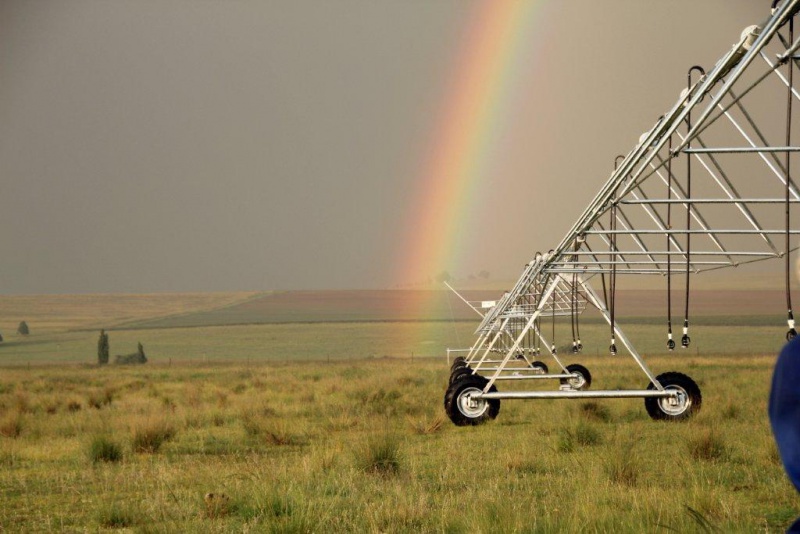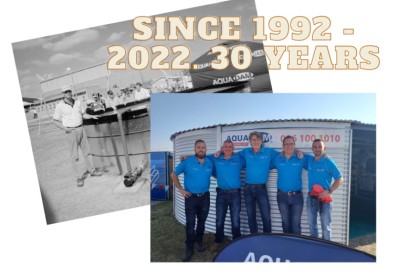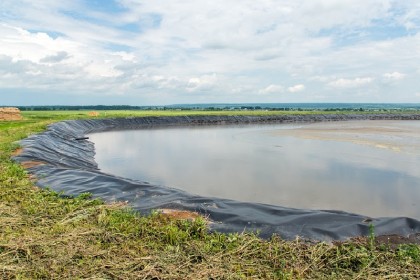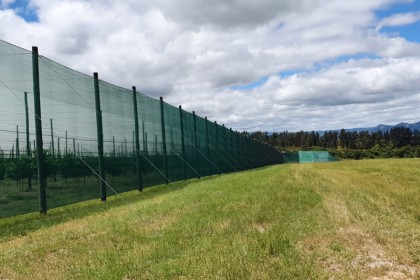
How Can Irrigation Make Use Of Waste Water
29 Mar 2017
Irrigation is dependent on the irrigation system distributing the water and the water being distributed. Our food is, in turn, dependent on the efficiency of irrigation systems and the way they make every drop of water count. Waste water goes to different places whether it is sewage, industrial waste water or agricultural waste water. Irrigation systems can make use of waste water to effectively prevent water wastage.
The conditions for successful irrigation:
- How much water needs to be used to yield crops.
- The correct quality of water, with balanced pH levels and the right salinity are important.
- The irrigation system should be scheduled so that the crop is constantly watered at the same time.
- If the salinity of the soil is too high it can be counteracted by leaching- applying more water to avoid losing nutrients from the soil.
- Proper drainage system must be equipped with the irrigation system.
- Recycled water irrigation systems can make use of grey water- grey water is water that has been used in taps, baths, showers, basins and washing machines. It is not black water which is contaminated with sewage.
The benefits of using waste water in agriculture:
- Lower costs.
- Waste water uses that which is available instead of a source that uses water regardless of water restrictions and availability.
- Waste water that is untreated results in it going unused causing further water pollution.
- Irrigation systems that make use of treated waste water make use of the land’s natural filtering system.
- Recycled water can benefit the fertilisation of plants with the correct amounts of nutrients-
- Nitrogen
- Potassium
- Phosphorous
- Consider a system like Zimmatic Land Application Systems that makes use of mother earth’s natural water recycling filter.
Ways in which waste water from irrigations can be handled for best crop yield:
- If there is a salinity issue; leaching can be used to correct the pH levels of the soil.
- To prevent high sodium levels in food, the crops that are treated with treated waste water must have a high sodium tolerance.
- Treated waste water can be combined with other water sources to yield the best crop.
Irrigation should make use of treated waste water as a way of chiming in with mother earth . There are many ways to increase your yield all while saving water.
Popular Posts
02 May 2023
10 Apr 2023
05 Dec 2022
Archived Posts
2024 (1)
April (8)
March (10)
February (12)
January (7)
2023 (1)
December (13)
November (13)
October (11)
September (15)
August (18)
July (14)
June (20)
May (22)
April (13)
March (23)
February (18)
January (13)
2022 (1)
December (16)
November (12)
October (16)
September (9)
August (25)
July (20)
June (15)
May (18)
April (13)
March (16)
February (14)
January (12)
2021 (1)
December (13)
November (9)
October (18)
September (22)
August (13)
July (13)
June (13)
May (14)
April (11)
March (13)
February (8)
January (9)
2020 (1)
December (9)
November (1)
October (9)
September (11)
August (9)
July (7)
June (15)
May (21)
April (21)
March (13)
February (10)
January (10)
2019 (1)
December (10)
November (10)
October (13)
September (6)
August (5)
June (4)
May (5)
April (4)
March (4)
February (4)
2018 (1)
December (2)
November (5)
October (4)
September (4)
August (6)
July (4)
June (4)
May (5)
April (4)
March (5)
February (4)
2017 (1)
December (4)
November (5)
October (4)
September (4)
August (5)
July (4)
June (4)
May (4)
April (2)
Water | Agricultural Products Directory












